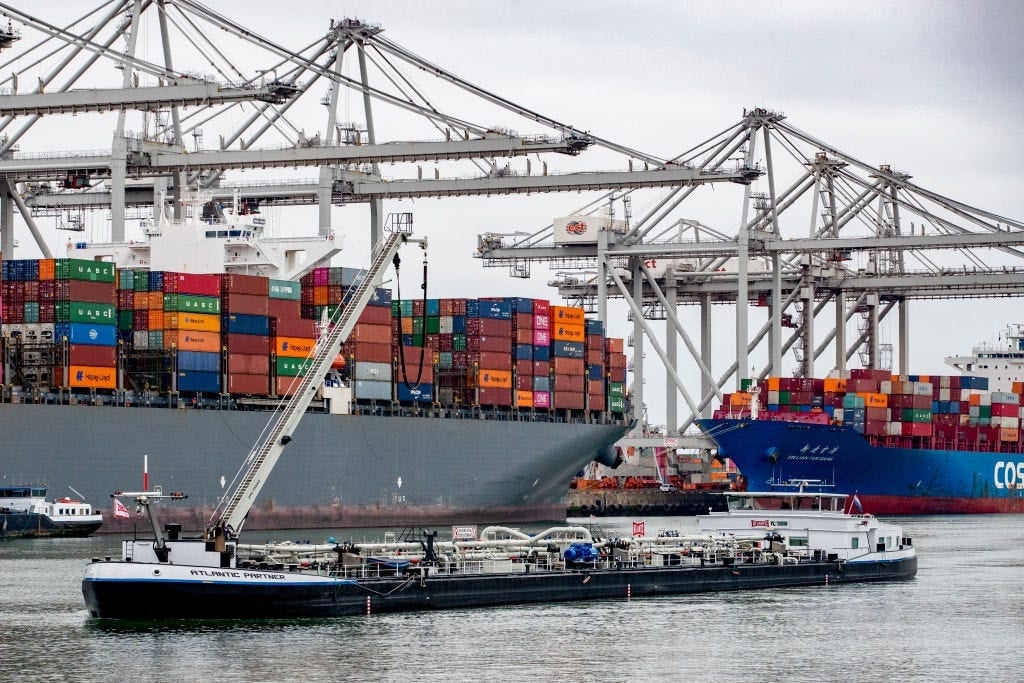
- For more financial news, go to the News24 Business front page.
South African economic growth could be severely stunted if carbon taxes are widely imposed on its exports, according to a new report by the country’s central bank.
The South African Reserve Bank said the hit could reach 10% of exports and more than 9% of gross domestic product in 2050 under a worst-case scenario in which carbon taxes are slapped on all exports by all trading partners.
But it also found the impact could be much lighter, in a summary of several studies into the implications of the European Union’a new Carbon Border Adjustment Mechanism on South African exports.
Regardless, it said the risks should galvanise efforts to transition to a greener economy, noting that while South Africa contributes only 1% to global greenhouse gas emissions, the carbon-intensity of its economy is the highest of any Group of 20 nation. South Africa generates about 80% of its power from coal.
“The impacts can be offset if South Africa reduces the carbon intensity of production more rapidly” increases its own local carbon taxes, the SARB said in its latest Bulletin of Economic Notes. “Effective use of this additional tax revenue can accelerate the green transition and position South Africa as a green producer,” it added.
The EU’s Carbon Border Adjustment Mechanism is designed to protect the bloc’s competitiveness and place a fair price on emissions used on the production of goods that it imports. The EU will start imposing payments from 2026.
At the moment, the bloc’s mechanism will mainly affect South Africa’s natural resource sectors including mining and the central bank found that if it stays that way, exports to the EU will only fall 4% in 2030, lowering gross domestic product by just 0.02%.
But the SARB also looked at what would happen if the EU’s mechanism is extended to all South African exports and if it was adopted by other countries, noting the US, Canada and Japan were also considering such proposals. That impact is severe.
“Total exports fall by 10.1% in 2050 and GDP declines by 9.3% relative to the baseline,” it said. “The employment effects too are large: 350 000 jobs are lost by 2050 if more countries adopt a CBAM. This number rises to 2.6 million if all exports are subject to a CBAM.”
Even if South Africa negotiates exemptions, risks could still emerge from changing consumer sentiments or if other trade rivals adapt faster to border levies on carbon, it said.




 Publications
Publications
 Partners
Partners












